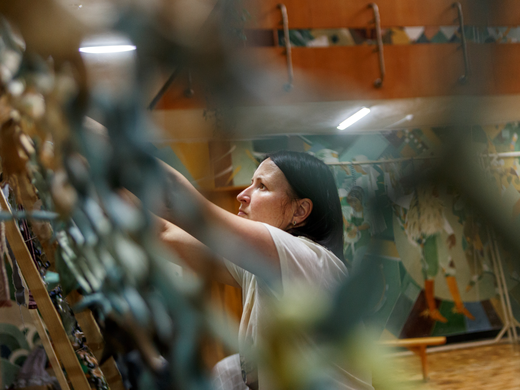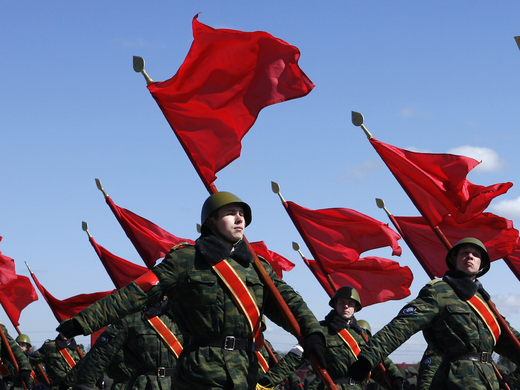For the last two years, the Arab Spring has ignited the aspirations of 250 million people. The Arab population of the Middle East are determined to shape their own history and realize their desire for free, accountable and equitable societies by breaking down the autocratic walls of fear.
In many ways, the stateless Kurdish people, who are the largest ethnic minority in the entire Middle East at approximately 30 million, have desired the same thing. Though not Arab, they have experienced life under some of the Arab autocratic regimes that many of their brethren have been fighting. Today, the Kurdish people are indeed continuing their very own “Kurdish Spring” experience.
In fact, parts of northern Syria — including cities such as Qamishli and Nusaybin in the north east — that are largely Kurdish regions have been completely neglected by the Syrian government and army. This absence of Syrian governance has allowed the Kurdish people to experience a new sense of self-determination. Moreover, any new government in Damascus will find difficulty in trying to reclaim authority within this political vacuum. Syria’sKurdish population have, I believe, gone too far and made too much progress in their own national struggle to ever accept a return to central authority. They are now looking forward to independence — which to them would be ideal — or an Iraq-type scenario of autonomy in Syria’s north eastern region of Kurdistan.
Why is this important? It matters because the Iraqi- Kurdish region of Iraq bears a deep resemblance to Syria’s possible future.
The current state of Iraq is increasingly fragmented. A dispute between the Shite Prime Minister Nour al-Maliki and the Sunni Vice-President, Tariq al-Hashimi, illustrates the growing intra-sectarian rivalry in Iraq. More illustrative, however, is the central government's inability to control major aspects of its autonomous Kurdish region as well as its lack of legitimacy among Sunnis in both the Baghdad and central Iraq region. After almost 10 years of trying to cobble together a unified country, it seems that the division of Iraq is now back on the table, so to speak.
Iraq’s autonomous Kurdish region has effectively demonstrated its ability to not only self-govern, but also to attract investment and resources, promote institutions and create a renewed sense of pride and hope for the Kurdish people. It is the success story of Iraq and may eventually lead to a case of Kurdish secession — depending on whether or not the central government can consolidate power and regain legitimacy.
Massoud Barzani, the leader of Iraq’s autonomous Kurdish region, has been very calculated with regard to the future state of the Kurdish people. To the surprise of some, much of the Iraqi-Kurdish people’s success has been the result of positive business and political relations with the central government of Turkey. Led by Tayyip Erdogan, Turkey has promoted strong economic relations with the autonomous region, despite the fact that the former has been fighting a long-standing insurgency with the People’s Kurdish Army in the south. Nevertheless, Barzani has been able to forge an alternative on how to fulfil the Kurdish people’s hopes and aspirations. That is, Kurdish self-determination in Iraq has become more of a reality through economic development and positive relations with neighbouring states, by quietly and slowly arguing for autonomy.
There should be no assumption that the Kurdish people have given up on their dream for complete self-determination. And the ultimate drive for all Kurdish political leaders is to prove that a separate Kurdish state can be a positive economic and political development for all neighbours, as well as states who closely monitor security within the region. Although the world’s attention has been captured by the Arab Spring, the Kurdish people remain in a deadlock marked by political struggle and misunderstood conflict in order to see their hopes and aspirations come to light.


